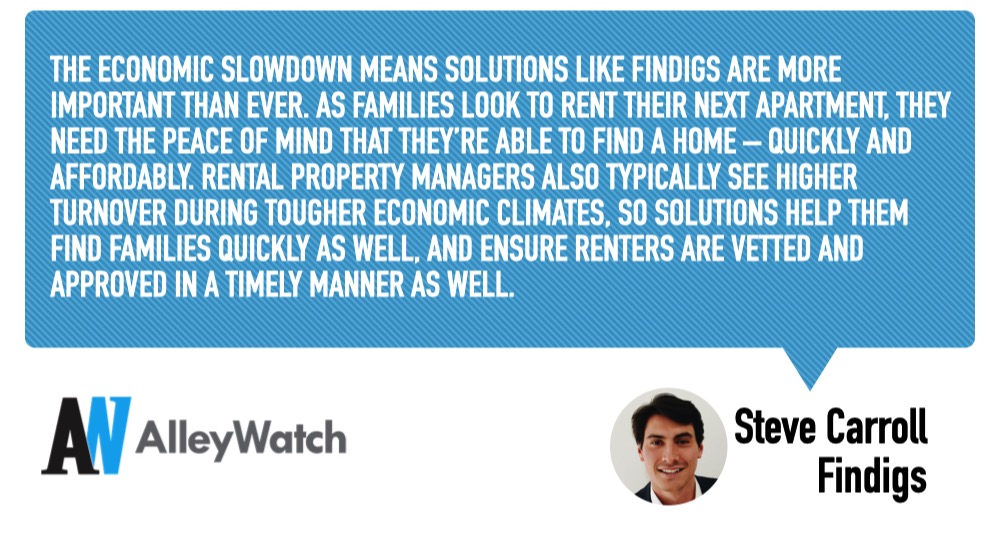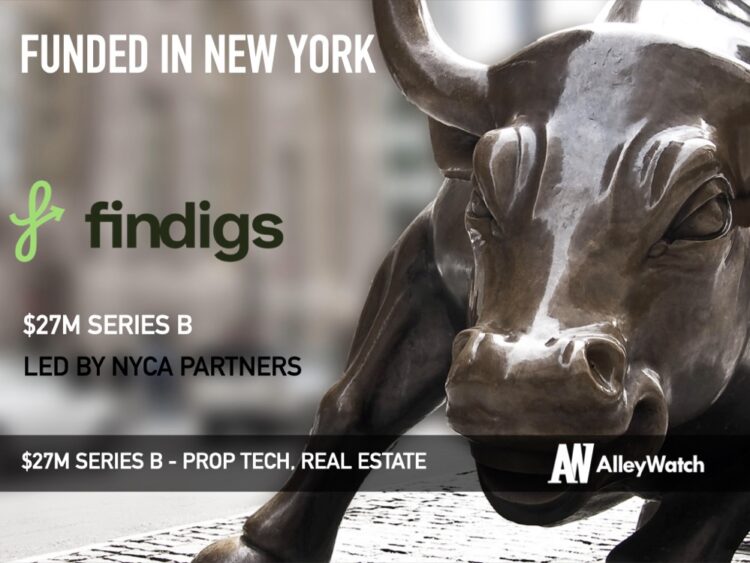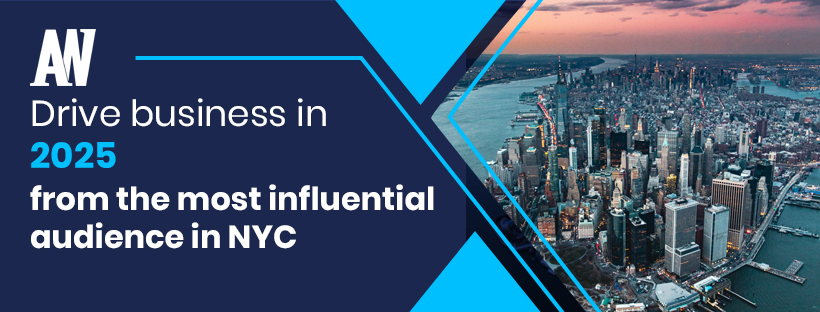Rental screening is a crucial process for both property managers and renters. However, the current process is often inefficient and opaque, with varying requirements, inconsistent approvals and rejections, and lengthy decision times. Findigs is a rental screening and application platform that streamlines this process for all stakeholders. The company has developed a rent underwriting engine that evaluates applicants holistically, not only speeding up the decision process but also reducing the risk of bad debt for operators, which in turn lowers rental costs. For instance, 93% of property managers reported encountering fraud in 2023, with 1 in 4 instances traceable to fraudulent activities. Findigs has created a robust document analysis system with proprietary fraud detection capabilities to address this growing issue. The platform features a custom rules engine and works across various types of housing—single-family, multi-family, affordable housing, and student housing—complying with all applicable laws to handle identity verification, income verification, and even pet verification.
AlleyWatch caught up with Findigs Cofounder and CEO Steve Carroll to learn more about the business, the company’s strategic plans, latest round of funding, and much, much more…
Who were your investors and how much did you raise?
We’re excited to share that we recently announced $27M in Series B funding. This financing follows our unannounced Series A and Seed rounds, bringing our total funding to $48M to date. The Series B round was led by Nyca Partners, with participation from existing investors RPM Ventures, Streamlined Ventures, Expa Ventures, Activant Capital, Colle Capital, and Frontier Venture Capital.
Tell us about the product or service that Findigs offers.
Findigs is changing renting by addressing the fundamental complexities of rental underwriting, and delivering value back to renters with a fair and simple application experience – a win-win for both renters and property managers.
What inspired the start of Findigs?
 Findigs was born out of my own terrible experience renting an apartment in New York several years ago – and I’m sure many people can relate. Getting approved to rent a home in the U.S. has never been simple for renters – approval criteria is not clear, requirements can pose barriers depending on background and income type, and decisions can take days with little transparency. To ensure fairness and FHA compliance, rental decisions must be based on standardized rules, but these rulesets are nearly impossible to organize and dictated by regulations that are often in flux. We knew there was a better way, so we created Findigs.
Findigs was born out of my own terrible experience renting an apartment in New York several years ago – and I’m sure many people can relate. Getting approved to rent a home in the U.S. has never been simple for renters – approval criteria is not clear, requirements can pose barriers depending on background and income type, and decisions can take days with little transparency. To ensure fairness and FHA compliance, rental decisions must be based on standardized rules, but these rulesets are nearly impossible to organize and dictated by regulations that are often in flux. We knew there was a better way, so we created Findigs.
How is Findigs different?
Findigs is taking a different approach to how the multi-family rental application process can be done. While other screening tools fit in as one part of the decision-making process, Findigs intakes complex rulesets and measures applicants holistically against them. In a single platform, we’ve combined best-in-class fraud detection with a proprietary ruleset orchestration engine, resulting in up to 50% reduction of bad debt for operators. We also speed up the rental decision process from an industry average of one week to an average of less than one day!
What market does Findigs target and how big is it? What’s your business model?
Findigs works primarily with property managers to offer our technology to power their rental application process. As of today, we power about 1% of the entire U.S. rental real estate market!
How are you preparing for a potential economic slowdown?
The economic slowdown means solutions like Findigs are more important than ever. As families look to rent their next apartment, they need the peace of mind that they’re able to find a home – quickly and affordably. Rental property managers also typically see higher turnover during tougher economic climates, so solutions help them find families quickly as well, and ensure renters are vetted and approved in a timely manner as well.

What was the funding process like? What are the biggest challenges that you faced while raising capital?
As I’m sure many can understand, raising capital during tough economic times is a more demanding process with less than certain outcomes. The biggest challenge we encountered was just how strongly the story, vision, and supporting evidence have to be woven together to create a cohesive narrative. Investors want to build confidence the business has both staying power to weather the down cycles and sky-high potential to achieve immense scale. By showing how Findigs is taking advantage of adapting to near-term market trends while keeping an eye toward the longer-term strategy of developing our proprietary technology and datasets, we were able to incite belief in the mission and potential from a wide variety of investors.
What factors about your business led your investors to write the check?
Findigs is in a unique position as both a solution and tool for consumers, but also a much-needed service for property managers. Our business has always been positioned to create an entirely new and contextual underwriting model for residential renting, which is extremely alluring for investors who are probably used to a breadth of proptech innovation for commercial real estate and single-family housing, but not for the multi-family housing industry.
What are the milestones you plan to achieve in the next six months?
In the next six months, we hope to continue our growth plan, onboarding even more property managers and reaching more renters than ever across the U.S. We are close to surpassing 1 million applicants – so we look forward to officially hitting that milestone.

What advice can you offer companies in New York that do not have a fresh injection of capital in the bank?
We totally understand that the VC environment is tough right now and we’re so thankful to our investors who are helping us grow Findigs. The biggest piece of advice I’d give to fellow startup founders in New York is focus on forging a path to controlling your own destiny. Having a line of sight to profitability and the freedom to raise on your own terms and timeline will allow you to make long-term decisions that benefit the business rather than short-term optimizations.
Where do you see the company going now over the near term?
The latest financing will be used to help us in the near term with top-of-mind projects like expanding our screening automation service, growing our team, and increasing platform and data sophistication.
What’s your favorite summer destination in and around the city?
This summer you’ll catch me at Sushi on Jones. There’s no better place!





